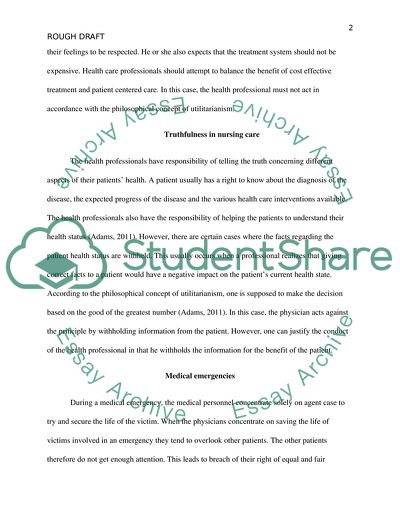Cite this document
(The Role of Medical Personnel during Medical Emergencies Essay, n.d.)
The Role of Medical Personnel during Medical Emergencies Essay. https://studentshare.org/medical-science/1775908-features-of-patient-focused-care
The Role of Medical Personnel during Medical Emergencies Essay. https://studentshare.org/medical-science/1775908-features-of-patient-focused-care
(The Role of Medical Personnel During Medical Emergencies Essay)
The Role of Medical Personnel During Medical Emergencies Essay. https://studentshare.org/medical-science/1775908-features-of-patient-focused-care.
The Role of Medical Personnel During Medical Emergencies Essay. https://studentshare.org/medical-science/1775908-features-of-patient-focused-care.
“The Role of Medical Personnel During Medical Emergencies Essay”. https://studentshare.org/medical-science/1775908-features-of-patient-focused-care.


